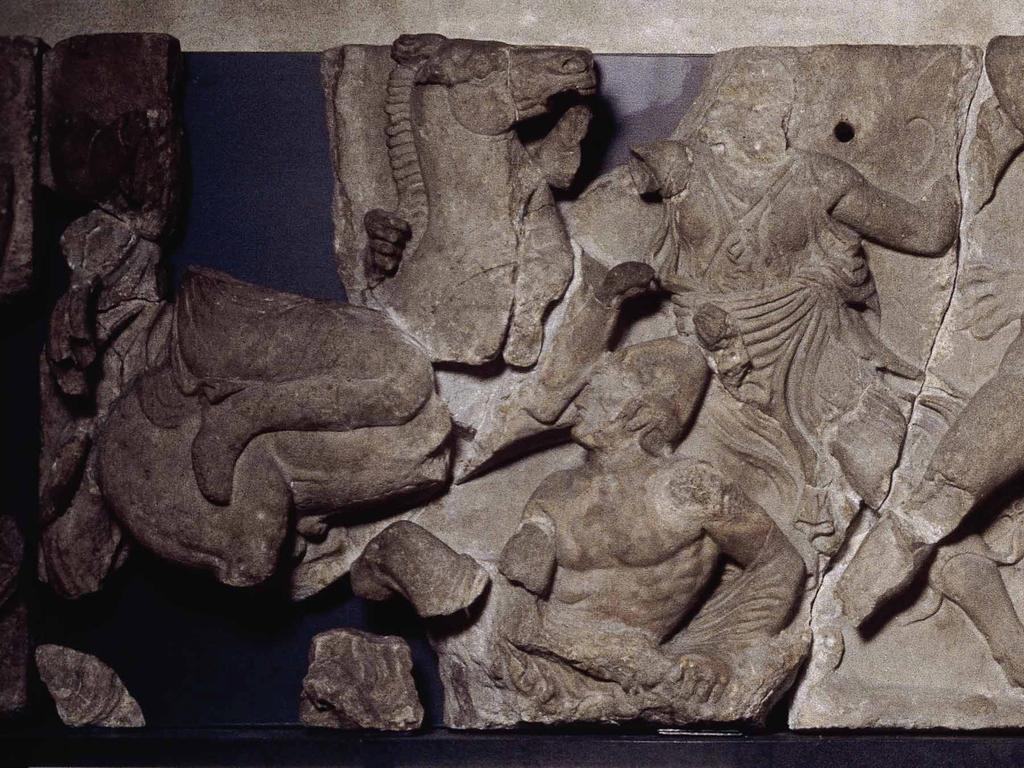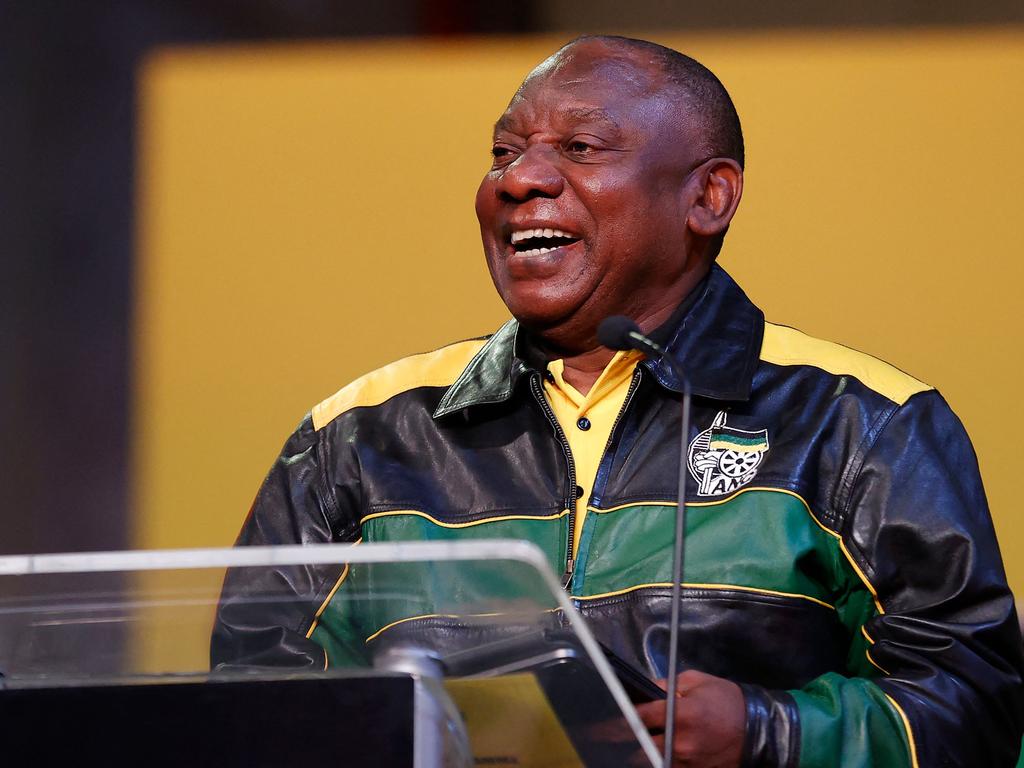Population shock puts Papua New Guinea in peril: UN study
Papua New Guinea could have a population of 17 million – almost double the official estimate – sparking fears over its fragility as a nation state.

A new UN study has found Papua New Guinea could have a population of 17 million – almost double the official estimate – slashing measures of its living standards and ramping up concerns over its fragility as a nation state.
The new population forecast would, if accurate, nearly halve PNG’s per capita income from $3230 to about $1770 a year – putting Australia’s closest neighbour on par with African states such as Sudan and Senegal.
The findings are ringing alarm bells in Canberra and were considered so sensitive the PNG government – which already struggles to provide basic services to its people – had refused permission for them to be published.
The UN Population Fund study, funded by the Australian government, used satellite modelling, housing data and household surveys to arrive at the result, which eclipses the PNG government’s current estimate of 9.4 million.
The majority of the growth is believed to be in the remote Highlands provinces, where people survive through subsistence farming and violence is endemic.

Senior Australian government officials were recently briefed on the results, which are expected to feed into a major overhaul of Australia’s foreign aid program currently under way.
Australian aid to PNG is budgeted at about $600m this year, and Australia has provided $1.2bn in budget support since 2019.
PNG Prime Minister James Marape, who has vowed to make his country the “richest black Christian nation on planet Earth”, told The Australian on Sunday he doubted the UN study’s results.
Mr Marape, in Sydney for a mining conference, said he believed PNG’s population was “possibly 10 million, 11 million” but conceded “I may be wrong”, and said even his lower estimate “is too high for the size of my economy”.
“Whether it is 17 million, or 13 million or 10 million, the fact remains that my country’s formal economy is so small, job availability is so small, the resource envelope is so small, I cannot adequately educate, provide health cover, build infrastructures and create the enabling law and order environment (that the country needs),” he said.
“That is why when I negotiate for (resources) projects I want to get as much as I can within the context of present legislative frameworks we have.”
Paul Barker, executive director of PNG’s Institute of National Affairs, said the new population estimate reflected the situation on the ground, where unemployment and a weak state were feeding community unrest.
He said vast areas of the country were effectively ungoverned, relying on churches and traditional tribal structures for community cohesion.
“Formal sector employment has been virtually nil over the past 10 years,” Mr Barker said. “It's causing big frustrations for young people in particular, whose aspirations of course have grown.
“The other problem is that the government has been chasing its tail trying to provide basic health education and other services.
“I've seen secondary schools where they’ve got … classroom sizes reaching 120 students, who are travelling enormous distances in the morning and returning home at night, and probably not getting fed in the morning or in the evening.”
Development Intelligence Lab CEO Bridi Rice said the revised population estimate “blows our current poverty assessments of PNG out of the water”.
She said population growth was directly linked to state fragility, “because the inability for a government to serve its people has a direct correlation to political instability and violence”.
“Already we know that Papua New Guineans are struggling to get their kids to school, see doctors and to feel safe in their homes and communities,” she said.
“Now we know the extent of pressure society is under – this could be a furnace for an already fragile nation.”
According to the World Health Organisation, PNG currently has just one doctor per 10,000 people, and one nurse or midwife for every 2000 people.
PNG economist Maholopa Laveil, based at the Lowy Institute in Sydney, said such service delivery indicators would “drastically fall” if the new population forecast was correct.
“It would further highlight that PNG’s current funding for service delivery both nationally and to the provinces in terms of its recurrent budget is even more inadequate than it already is,” he said. Mr Laveil said the data could also have security implications for PNG’s immediate neighbours, especially Indonesia and Solomon Islands, with porous borders potentially allowing more illegal migration.
Australian Institute of International Affairs president Allan Gyngell said the “startling” population figure had significant implications for Australia’s foreign and security policies, and would prompt a rethink of development support to the country.
“This new report is a clear reminder that the challenges for Australian foreign and security policy don't just lie in the global realm of geopolitics,” he said.
“This is very much an Australian problem just kilometres from Australia‘s border.”
Mr Gyngell said it was fortunate subsistence agriculture ensured many Papua New Guineans could still feed themselves, unlike in some African countries such as Sudan.
PNG was due to conduct a census – its first for a decade – in 2021, but the exercise was put off until 2024 due to the pandemic.
The UN Population Fund study was carried out by the University of Southampton’s World Pop unit, with the support of PNG’s National Statistical Office.
A UN spokeswoman said the methodology had been used for about 20 countries with hard-to-reach populations.
The new estimate comes amid reports of surging criminal, tribal and gender-based violence in PNG. Dozens of people were killed during this year’s national elections, while a reported 90,000 were displaced in the Highlands due to poll-related violence.
In one gruesome incident, 18 people were killed in an attack amid fighting between warring tribes in the northern highlands province of Enga. In the same province, the recent death of a local trucking company boss triggered shocking violence against five women accused of sorcery, the Post Courier newspaper said.







To join the conversation, please log in. Don't have an account? Register
Join the conversation, you are commenting as Logout